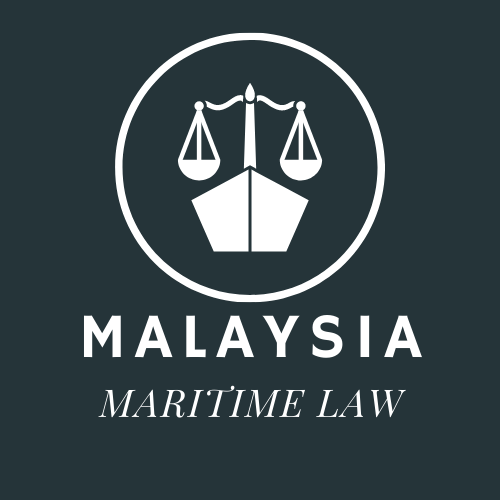Criminal liability for navigational incidents 1. Breach of the COLREGS A failure to comply with the COLREGS can, irrespective of whether a collision is actually caused, be an offence under the general criminal law or specific statutory provisions. The Merchant Shipping (Distress Signals and Prevention of Collisions) Regulations 1996 (SI 1996/75), enacting the COLREGS in...
Author: Tan Pui Yen
Seamanship and the Collision Regulations (COLREGS)
Seamanship and the Collision Regulations (COLREGS) The COLREGS The COLREGS are a code of good practice endorsed by law. There are 38 Rules and four annexes. The Rules are divided in parts: a) Part A: General b) Part B: Steering and Sailing c) Part C: Lights and Shapes d) Part D: Sound and Light Signals...
Bill of Lading as Evidence of the Contract of Carriage
Bill Of Lading As Evidence Of The Contract Of Carriage 1. General rule: distinction between shippers and transferees of bills of lading It has been settled since the nineteenth century that the bill of lading is not the contract, but merely evidence of it where it is in the hands of a shipper. Both the...
Employment And Indemnity
Employment And Indemnity Orders as regards employment Employment refers to the employment of the ship (i.e. what voyages she is to undertake and what cargoes to carry). Time charterers are under the same obligations to nominate safe ports and to load non-dangerous cargo as voyage charterers. The charterer’s right to give orders and directions under...
Hire, Remedies for Non-Payment, ‘Off-Hire’ Clauses, Deductions from Hire and Liens on Freight and Sub-Freight
Hire, Remedies For Non-Payment, ‘Off-Hire’ Clauses, Deductions From Hire And Liens On Freight And Sub-Freight 1. Mode And Time Of Payment Hire is invariably made payable in advance: every calendar month (SHELLTIME 4, clause 9) every 30 days (BALTIME 1939 (as revised 2001), Box 20 and clause 6) every 15 days (NYPE 93 and NYPE...
The Pre-Contractual Duty of Utmost Good Faith
The Pre-Contractual Duty Of Utmost Good Faith 1. Introduction Section 17 MIA provides as follows:- A contract of marine insurance is a contract based upon the utmost good faith Section 17 together with sections 18 to 20 are applicable for insurance contracts entered into up until 12.8.2016. After this date the applicable sections are sections...
Persons Who May Claim on A Policy
Persons Who May Claim On A Policy 1. Section 26 MIA Section 26 MIA provides as follows:- (1) The subject-matter insured must be designated in a marine policy with reasonable certainty (2) The nature and extent of the interest of the assured in the subject-matter insured need not be specified in the policy. (3) Where...
Valuation of Insurable Interest
Valuation of Insurable Interest 1. Basis of Valuation Valuation is important to know the quantum of indemnity that the assured is rightfully entitled to in the event of loss. Indemnity is the position or situation that the assured will be in if no loss had occurred to him. In an unvalued policy, the object sought...
Contiguous Zone
Contiguous zone 1. Development of the concept of a contiguous zone When states began to make extensive claims for a territorial sea for a variety of purposes, including the safety and security of their land territory, the idea of a contiguous zone was conceived. It was conceived as a buffer between the high seas, where...
Right of Innocent and Transit Passage
Right of innocent and transit passage 1. Nature and meaning of innocent passage The 1982 Convention defines the meaning of passage itself prior to defining the meaning of innocent passage. Article 18 reads as follows: Article 18 Meaning of passage 1. Passage means navigation through the territorial sea for the purpose of: a. traversing that...

